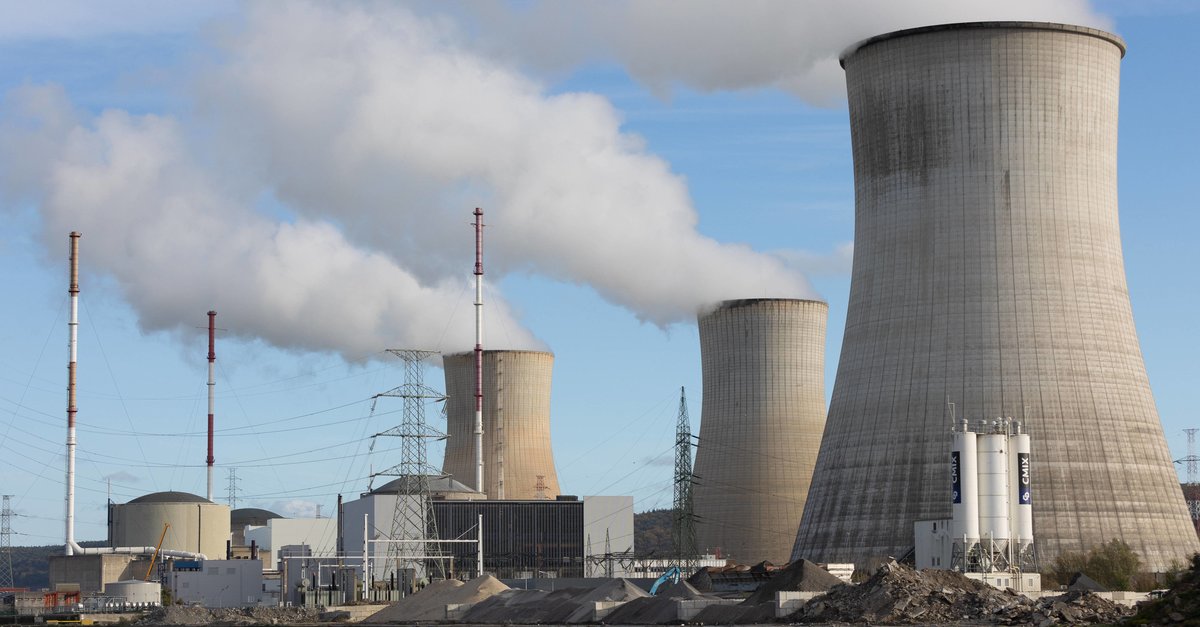New material is said to filter CO2 out of the air more efficiently
Researchers have developed a new approach to more effectively filter CO2 out of the air through Direct Air Capture (DAC). But the approach also harbors risks.
Achieving our climate goals requires significantly more effort. In addition to eliminating emission sources, filtering carbon dioxide (CO2) also plays a crucial role. This is already happening with so-called “Direct Air Capture” systems (DAC). But these are usually not particularly efficient.
Because the problem is that the extraction of CO2 from the ambient air sometimes incurs high costs. One reason why the technology has not yet really caught on. A team from the University of Lehigh developed a new method for absorbing the greenhouse gas. This could make the process up to three times more efficient.
Researchers absorb more CO2 in the DAC approach
Today’s DAC systems work as follows. The system sucks air into a chamber, where it is pressed through several filters. Carbon dioxide gets stuck on these filters, the system heats it up in the next step and pumps the substance underground. Rock strata store the material here, ideally for thousands of years.
Today, a solution of ammonia is mainly used for the absorption of CO2. However, if the researchers added copper, the nitrogen from the ammonia solution reacted with it. A substance was created that captures carbon dioxide about three times better than previous solutions.
New approaches also bring risks
There is an additional advantage. Because the absorbed carbon solution can also be stored under water. If this reacts with seawater, only a harmless baking powder is produced. Future carbon dioxide stores in the oceans can also be easily found, which should make it easier to adapt the technology.
Nevertheless, some questions remain unanswered. The scientists tested their approach on a small scale, it is still completely unclear what would happen to the oceans. Because the marine ecosystems are already under great stress, dumping dozens of tons of baking soda could increase it. Nevertheless, the researchers show that we can still significantly improve DAC.
Also interesting:



